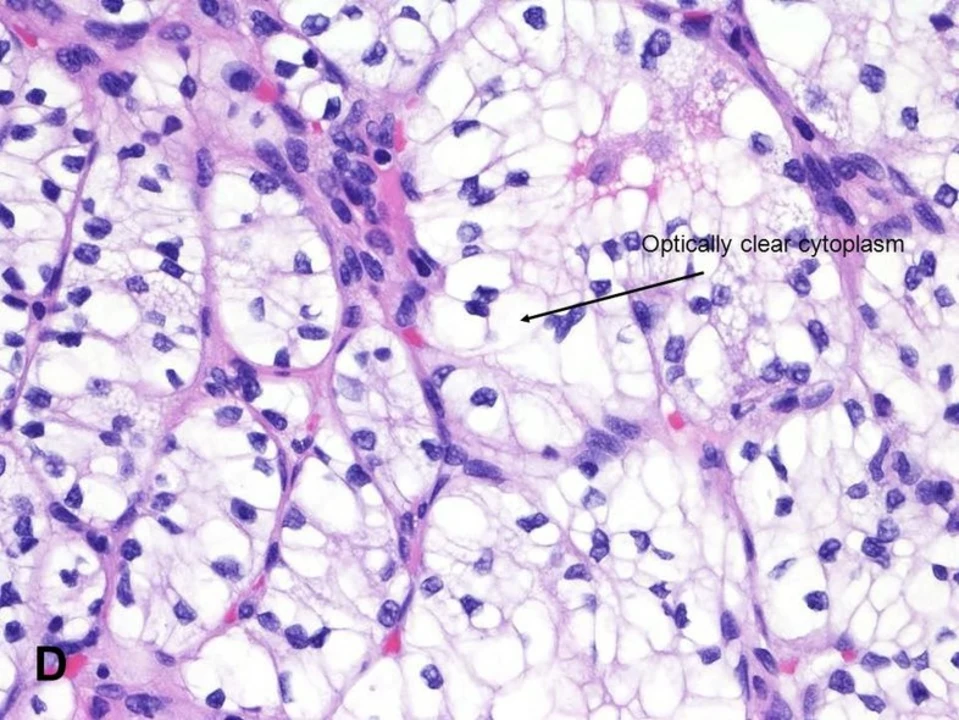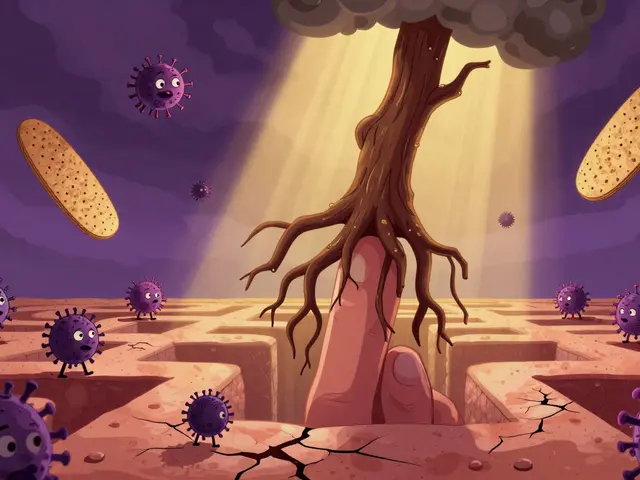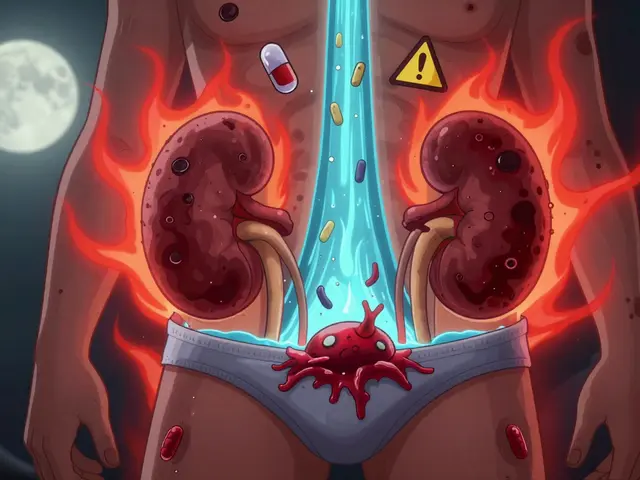Advanced Renal Cell Carcinoma: What You Need to Know Now
Advanced renal cell carcinoma (RCC) means the cancer has spread beyond the kidney. That sounds scary, but treatment options have changed a lot in recent years. Patients now have multiple choices that can shrink tumors, slow growth, and help you feel better for longer. This page gives clear, practical info so you can talk to your doctor with confidence.
Treatment options you should know
There are two big groups of systemic drugs: targeted therapies and immunotherapy. Targeted drugs hit specific pathways cancer uses to grow. They can control symptoms quickly but often come with side effects like high blood pressure, diarrhea, and fatigue. Immunotherapy helps your immune system attack cancer. It can lead to durable responses but may cause immune-related effects like inflammation of the gut, liver, or lungs.
Many people get a combination of a targeted drug plus an immune checkpoint inhibitor. That combo often works better than a single drug for clear-cell RCC, which is the most common type. Surgery still has a role for some patients — removing the main tumor or treating single metastases can help in selected cases. Local treatments such as radiation, ablation, or embolization can control symptoms from bone or brain metastases.
If first-line treatment stops working, there are approved second-line options and ongoing trials testing new combos. Always ask whether a clinical trial is a reasonable option for you — trials can give access to promising new therapies before they become standard.
Managing side effects and daily life
Side effects vary by drug, but many are manageable with early action. Track your symptoms daily and report changes fast. For high blood pressure from targeted therapy, simple monitoring and a blood-pressure medicine often fixes it. For immunotherapy-related inflammation, steroids are usually effective when given early.
Practical tips: keep a symptom diary, carry a list of current meds, and know emergency signs like severe shortness of breath or sudden confusion. Ask your team about nutrition, exercise, and vaccinations — small lifestyle steps help with energy and recovery.
Don’t forget supportive care. Pain control, physical therapy, and counseling or support groups can make a big difference. Palliative care is not about giving up; it’s about improving quality of life alongside cancer treatment.
Questions to ask your doctor: What type of RCC do I have? What are the goals of this treatment? What side effects should I expect and how will they be managed? Are there trials I should consider? Who do I call after hours with urgent problems?
Be proactive, bring a friend to appointments, and get a second opinion if you’re unsure. Treatments for advanced RCC are advancing fast — staying informed and connected with your care team gives you the best chance to live well through treatment.
The Impact of Advanced Renal Cell Carcinoma on Fertility and Parenthood
As a blogger, I recently delved into the impact of advanced renal cell carcinoma on fertility and parenthood. What I discovered is both surprising and alarming. Advanced renal cell carcinoma, a type of kidney cancer, can have significant effects on an individual's ability to conceive and raise a child. Treatment options, such as chemotherapy or surgery, can often impair fertility and disrupt hormone levels, making it difficult for patients to have a family. Furthermore, the emotional and physical toll of the disease can also negatively impact one's parenting abilities, putting immense strain on families and relationships.






